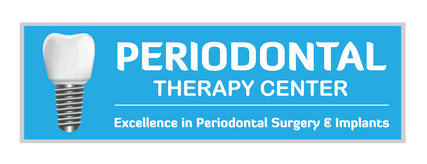Our Blog |
|
When preparing for any type of dental work, especially those that include oral surgery and anesthesia, it is important to stop smoking (or vaping) for as long as possible before and after the surgery. Smoking can create problems during the procedure and affect the immediate and long-term recovery afterward.
The nicotine and carbon dioxide in tobacco products restrict the blood vessels and reduce the flow of oxygen and nutrients to the body. Smokers’ lungs work harder normally and during anesthesia this can increase the risk of complications including lung distress and heart attack. After the procedure the wound needs the flow of oxygen and nutrients to encourage the healing process. Smoking during the recovery period can increase the risk of infection and extend the time of recovery. In addition to the chemical affects of smoking on the body’s blood flow, the physical act of sucking on the cigarette can cause complications with the wound site. Straws are discouraged for at least 24 hours after surgery or extractions. If you smoke or vape, it is important to discuss this with the dental team prior to the procedure. We recommend our patients stop smoking at least 48 -72 hours before and after the procedure. The good news is even a short break in smoking provides an increase in oxygen flow and give patients a better chance of a successful procedure and result!
1 Comment
Did you know, according to the American Academy of Implant Dentistry, there are over 30 million people in the US who are missing all their teeth in one or both jaws? That’s a lot of folks who are looking for the right tooth replacement option to ensure they keep on smiling!
Choosing the right tooth replacement treatment is a big decision and will affect not only your time and budget now, but your smile (and dental and oral health) for many years to come. Most people will consider traditional dentures, dental implants, or a combination approach of an implant supported denture. So, what’s the difference? Dentures are the least expensive option (at least initially.) Most people have a pretty good idea what dentures look like out of the mouth, but you might be surprised how many people you see have dentures that look very natural. Upper dentures typically are better fitting and more comfortable than lower dentures. In some cases, patients are able to retain their lower teeth and only wear an upper denture. If the dentures are fitted well and the color selection is natural looking, they can be a good solution for patients on a budget. There are some negatives for any tooth replacement treatment and with traditional dentures the downsides include fit problems (especially on the lower jaw), they can be less natural looking than dental implants, and there is greater risk for the development of gum disease and/or bone deterioration. In some cases, oral surgery must be performed to sculpt the bone structure to improve the fit of the denture. In these cases, the healing process is prolonged to allow for the bone and surgical site to heal. Dentures can also make some favorite foods difficult to eat. Dentures also require removal at night with a nightly maintenance routine. Not to mention the need for adhesives. If you are considering dentures you should also consider they generally need to be replaced every 3-6 years. Depending on your age, the expense of replacement can add up. Dental Implants are the most natural tooth replacement available because the teeth are replaced with individual prosthetic teeth that are anchored to the jaw with a medical screw (normally titanium). Dental implants not only look like your natural teeth, they feel like your natural teeth. Most foods can be eaten normally and the health of your gums and bone structure is preserved. Care of dental implants is just like normal teeth too – brush, floss, and visit your hygienist as recommended. One big benefit of dental implants is they can last for 20 years or longer! Obviously, dental implants are more expensive than traditional dentures and for some people perhaps not an option due to budget constraints. The implants are surgically installed by an oral surgeon and require a lengthy healing process. The screw that holds the new teeth must heal completely and become part of the bone, a process called osseointegration. This healing is necessary and the final teeth can’t be placed until the process is complete. If you can afford them and have the patience for the treatment, dental implants are a superior option for replacement teeth. Implant Supported Dentures provide a hybrid option that can save money initially. With this treatment, the dentist will implant 4-6 screws (depending on the individual case) and once they are healed, a special denture can be secured to the screws. Implant supported dentures provide many of the same benefits of the full implants while being less expensive. The screws will last many years, but the denture part of this treatment will likely need to be replaced more frequently than the normal dental implants. Unfortunately, this option also requires a longer healing process to allow the screw to be integrated into the surrounding bone. A note about the healing process: Don’t be fooled by advertisements promising “teeth in a day.” Whether you are having teeth extracted and planning to replace with a traditional denture, or you are planning to replace with dental implants, there is going to be a healing process. At each stage of the healing process the tissue and bone structure changes. Those changes affect the fit of the new teeth. There are temporary fixes we can use along the way to help patients maintain normal life during the process, but the healing of the gums, bones and surrounding tissue must happen before a permanent tooth replacement will be complete. Wondering what option is right for you? A consultation with the right dental professional is the best place to start. Your Dental Specialist can help you decide the right solution for your budget and your lifestyle. Great planning can help to minimize the negative effects of the healing process and give you back a beautiful smile. As our Dr Hameroff says, “My patients don’t come to me for new teeth, they are buying a great smile!” And after over 30 years helping patients here in Hernando County, he should know. (Check his Credentials here. ) A new study conducted by the Journal of Clinical Periodontology,1 the official publication of the European Federation of Periodontology (EFP,) shows COVID 19 patients are more than 3 times more likely to experience complications if they also have gum disease. You can read more about this study here:
https://www.foxnews.com/health/covid-19-patients-with-gum-disease-9-times-more-likely-to-die-study-says We talk a lot about the link between general health and periodontal disease. Now we can add a new one. All the more reason to call to schedule your regular visit with our hygienist. And if it's been a while since your last periodontal exam, maybe this is a good time to do that too! There are a lot of things that happen to us as we get older. Some are good things, like grandkids and all the additional wisdom. But some things are not as pleasant, like gray hair wrinkles, and painful joints. Deterioration of our teeth and gums can come with age as well. Some of the effects of aging on our dental and oral health include:
Click below for more information from the National Institute of Dental and Craniofacial Research: https://www.nidcr.nih.gov/sites/default/files/2018-10/older-adults-oral-health.pdf We consider our patients and our staff the heart of our business. Our patients expect nothing but the best quality care and we are proud to claim some of the most experienced and talented dental professionals in the area. As our practice is growing, we have the opportunity to welcome a new dental hygienist to our team and we are very excited to introduce her to you and welcome her on board!  Lindsay Goldberg is a registered dental hygienist that has been practicing in our community for over 10 years. She’s a graduate of Pasco Hernando State College, and truly has a passion for dentistry. Lindsay loves building rapport with her patients while delivering the best care possible. She is a wife to her high school sweetheart, and mother of two beautiful boys Brantley 4, Brock 3 months. On her spare time she loves spending time with her family in the pool, making memories with friends, loves working out, and traveling. She wanted to be a dental hygienist since she was 10 years old, and she surely has fulfilled that dream. She looks forward to meeting new patients, and welcoming them to our dental family. A smile not only gives an emotional lift but smiling can actually make us healthier. Research has shown that smiling helps our bodies release cortisol and endorphins that provide many health benefits such as:
Maintaining a healthy smile is not difficult. In most cases the commitment to regular dental and periodontal cleanings and exams will keep you one step ahead of any problems. Healthy gums are the foundation of a great smile and it’s even more important to have regular periodontal check-ups and deep cleanings. Restorative treatment for missing or damaged teeth can give you back the smile of your youth. There are many options for tooth replacement these days. A consultation with a periodontist can help you come up with a treatment plan that is right for your situation and your budget. If the image looking back from the mirror doesn’t have a confident smile, you owe it to yourself to consult with a professional and find out how you can get your smile mojo back. Call today for a consultation! Healthy teeth are the foundation of oral health. The things you eat get stuck to the teeth, between the teeth and below the gum line and will affect your healthy smile. The sugar in food combines with bacteria that occurs naturally in your mouth creating plaque. Plaque is a sticky film that coats the teeth. The acids in the plaque eat away the enamel of your teeth. Plaque that is left on the teeth hardens and becomes tartar deposits above and below the gum line. Tartar is harder to remove and creates an environment where gum disease can become a problem. So how do we protect our teeth from the “goblins” that attack our healthy smiles? By avoiding foods that promote decay. The following is a list of some of the worst foods for dental and periodontal health but certainly not all-inclusive.
Sugary Candies & Sweets: Hard candy – sucking them slowly allows the sugar and saliva mixture plenty of time to attach your teeth while those who like to bite and chew will end up with the candy stuck to the teeth, not to mention the risk of breaking a tooth on the hard candy! Chewy candy – this includes caramels, taffy, nougat, and those chocolates we love. And if you like your chocolate with wine…that’s a double duty goblin! Cookies and cakes – sugar is sugar and even if Grandma made them from scratch, these sugary treats are not good news for the teeth and gums. Starchy, refined carbs: Chips -these salty snacks are made from potatoes, corn and other refined carbohydrates that turn to sugar, and we know what that means to your teeth. In addition to turning to sugar, these foods tend to become sticky and stay around in your mouth long enough to do their damage. Pasta, rice, potatoes – white foods are almost all carbs and all carbs turn to sugar when they start to break down in your mouth. The sticky ones stay in your mouth longer so beware. Sugary beverages: Soda or pop (depending on where you grew up) is one of the most damaging food items for your teeth. Sugary soda is a favorite food for the kids which is very bad for their developing teeth. Sodas aren’t the only liquid goblins. Fruit juices- contain sugar and acids that attack the teeth. Sugared Coffee & Tea- if you love sugar in coffee and tea, it is a hidden danger to your teeth and gums. Citrus, acidy foods:– Lemons and limes - These are particularly high in acid but all citrus fruits are highly acidic and can damage your tooth enamel. And if you love lemon in your water, be aware. Pickles and Vinegar-based foods: Other acidic foods include pickles and vinegar-based foods. Of course, any of these food items can be consumed safely in moderation. Brushing your teeth after you eat, using mouth wash or rinse, and just drinking lots of clear water can help clear your mouth of damaging sugars, acids, and bacteria. And of course, don’t miss your regular cleanings and periodontal therapy treatments, especially if you have already started having issues. Regular Dental Cleaning should be part of routine dental care. Regular cleaning, technically called Prophylaxis, is performed in the dentist office by a licensed dental hygienist and are normally scheduled every 3 to 6 months. A regular cleaning may also include x-rays and a dental exam. Regular cleaning focuses on removal of plaque, tartar, and stains that are present on the tooth crown (the part of the tooth above the gum line.) Plaque is a bi-product of bacteria and is a sticky substance that builds up on the teeth. Tartar, or calculus, is created when the plaque hardens.
There are times when the hygienist or dentist will recommend a “Deep Cleaning.” They may refer to it as Scaling and Root planing or Periodontal Cleaning. In a Periodontal Cleaning plaque, tartar, bacteria, and toxins are removed from below the gum line all the way to where the gum and bone meet. Periodontal cleaning is recommended when there are obvious symptoms of beginning or advanced periodontal disease which might include recessing gums, bleeding gums, or bad breath. Often the symptoms of periodontal disease can be unnoticed. Once your dentist has diagnosed the presence of periodontal disease, regardless of how advanced, periodontal maintenance cleanings and check-ups should be scheduled and will include general cleaning (prophylaxis) for overall dental health and appearance. These cleanings will be recommended every 3 – 6 months depending on the severity of the disease. Periodontal Cleaning and exam are important for identifying periodontal disease and to maintain the health of your gums and bone tissue, which is especially important if you have or plan to have dental implants and other restorative procedures. For more information or to schedule a periodontal evaluation, please call us at 352-596-1771. Improving our patients’ overall quality of life is our mission! Periodontal Therapy is the treatment of gums, bone, and tissue that surround your teeth for the purpose of preventing or reversing the effects of periodontal disease. No matter how well your teeth are brushed and flossed, gum tissue can be affected by bacteria, plaque, and tartar. Left untreated these can lead to serious periodontal disease which can cause loss of bone and deterioration of the tissues that support your teeth, maintain smile and help chew and digest our food.
To ensure good periodontal health, we recommend regular periodontal therapy. Recommended frequency varies by individual patient. Treatment options include:
To answer the question of whether you need periodontal therapy, the answer is generally yes, but to be sure you can schedule an appointment for a consultation and evaluation in our office at your earliest convenience. School’s out for high school and college kids and things have slowed a bit with the hot summer weather. Now is a good time to think about having your wisdom teeth extracted while you can relax at home and not worry about possible swelling or missing important classes.
Wisdom teeth, or third molars, normally make their appearance somewhere between the age of 17 and 21. If you or your son or daughter are seeing your dentist regularly, your dentist will likely be monitoring the appearance of the wisdom teeth and at some point may recommend they be extracted. Wisdom teeth may have been helpful to our ancestors who ate roots, nuts, and uncooked meat; but in today’s diet we do just fine without them. For some people the wisdom teeth come in without any problem. For others they can create issues. Brushing and flossing the wisdom teeth is a challenge due to the tight fit and placement of the teeth. This makes wisdom teeth prone to decay. Depending on how they make their appearance, they can cause crowding and possibly make other teeth move or overlap. And sometimes they don’t make an appearance but get lodged against another tooth under the surface. In this case, the wisdom tooth can become impacted causing pain and possible infection. Periodontal Therapy Center offers complete Wisdom Tooth extraction services. In many cases, the wisdom teeth can be extracted non-surgically with a local anesthetic. Occasionally the extraction can be more complex and require IV Sedation and some oral surgery. Whatever your situation, we can examine and make recommendations for the best course of action. And during the summer months, we are offering special pricing for Wisdom Tooth extractions. Please call our office to discuss treatment options, pricing, and ask any questions you might have. |
AuthorsArticles provided by Dr. Hameroff, staff, and marketing team members. Articles are intended to bring our patients and friends relevant information regarding dental health. Archives
February 2022
Categories |
|
Periodontal Therapy Center
Dr Jeffrey Hameroff, DDS Periodontist 7320 Forest Oaks Blvd. Spring Hill, FL 34606 352.596.1771 [email protected] |
Copyright Periodontal Therapy Center 2018 Website by Sales Up Solutions, LLC
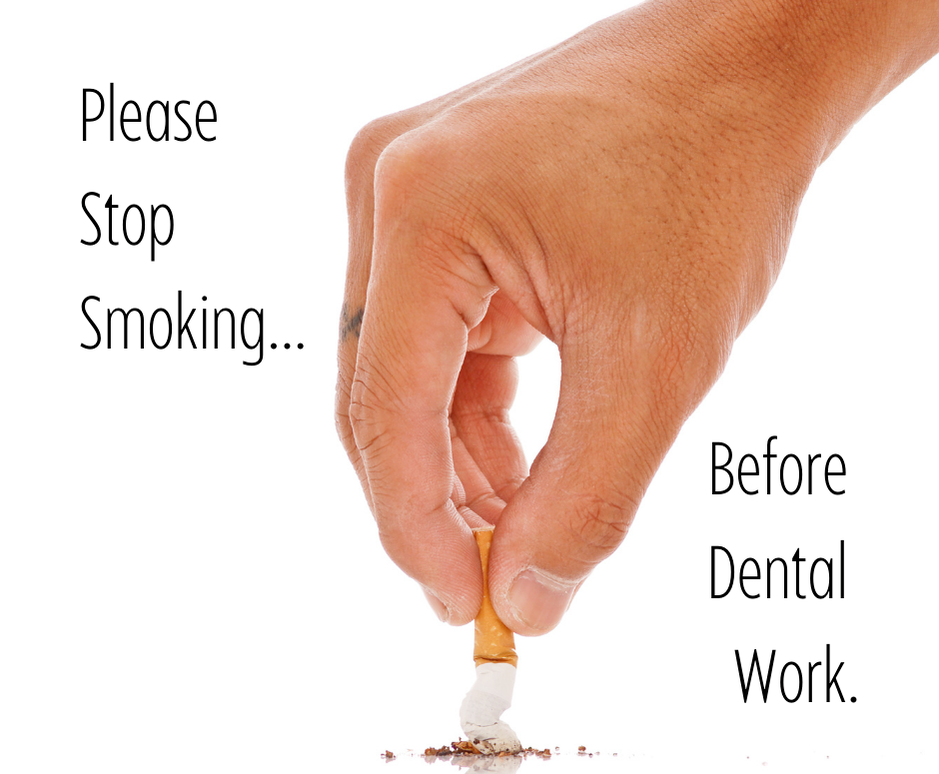

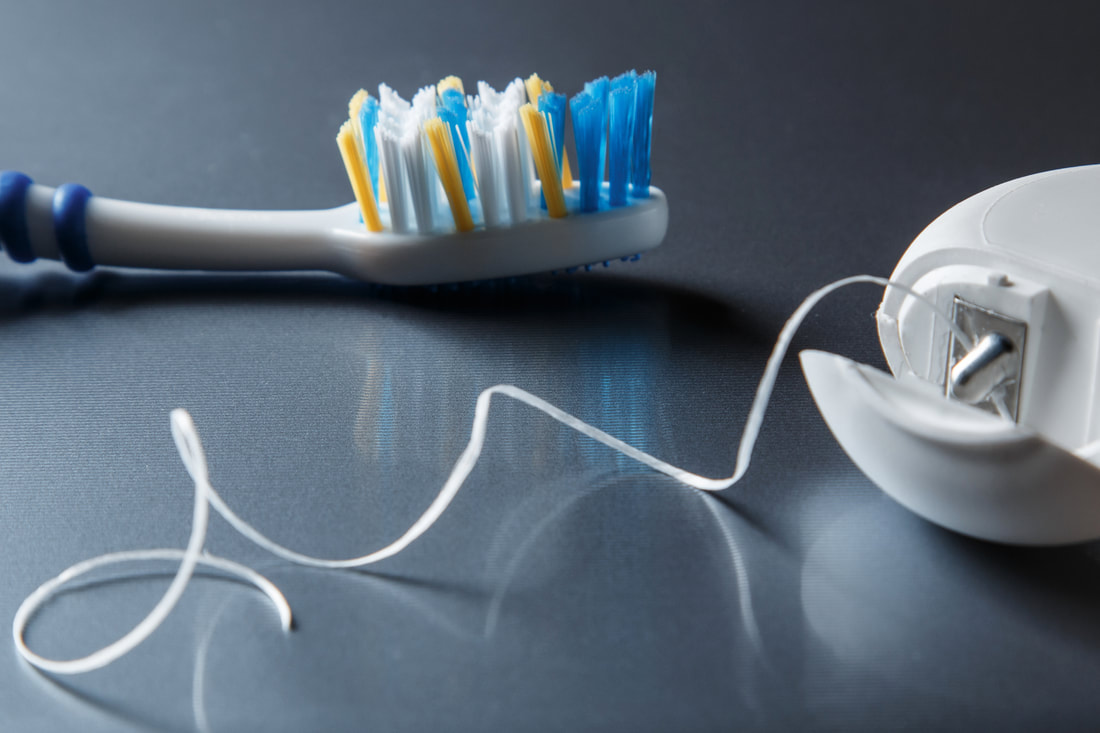


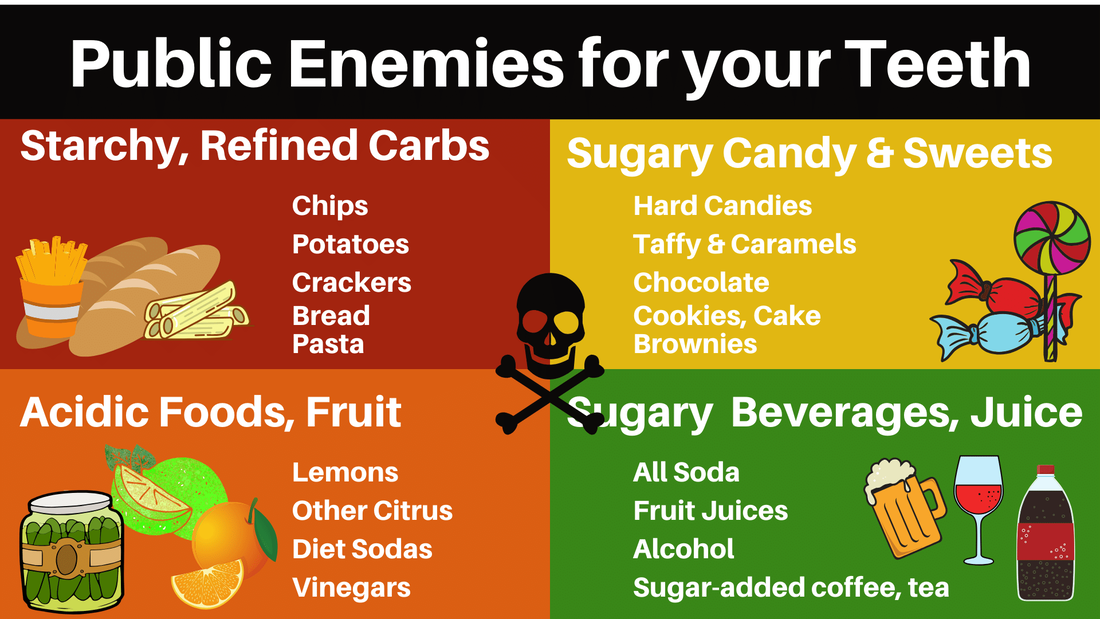


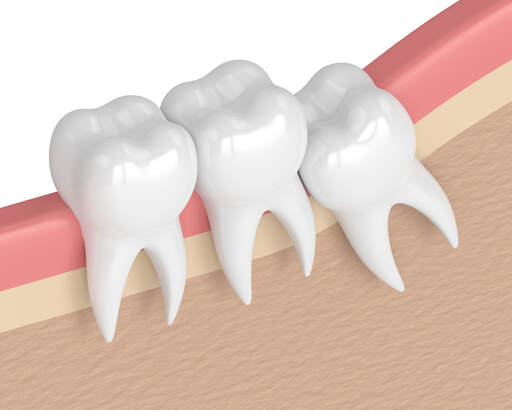
 RSS Feed
RSS Feed
